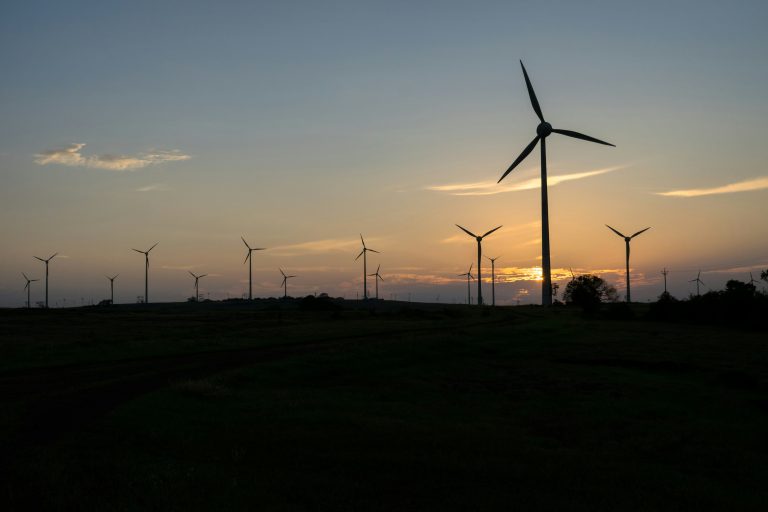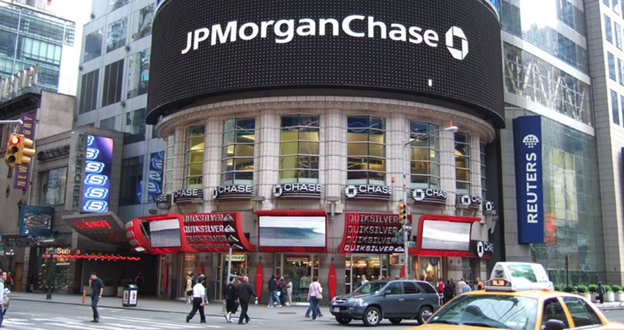Why We Need To Talk About Adaptation
I’m delighted to be writing today as the co-author of a new report called ‘We need to talk about adaptation’. This report is co-produced by the Climate Majority Project and the Glacier Trust (a leading adaptation-action NGO, mainly active in the global South). What we did together is investigate how much the biggest environmental organisations are talking about (and what they are doing about) climate adaptation now, in 2025. And here is the interesting bit: the same analysis was conducted in 2020. So we were able to compare then with now.















